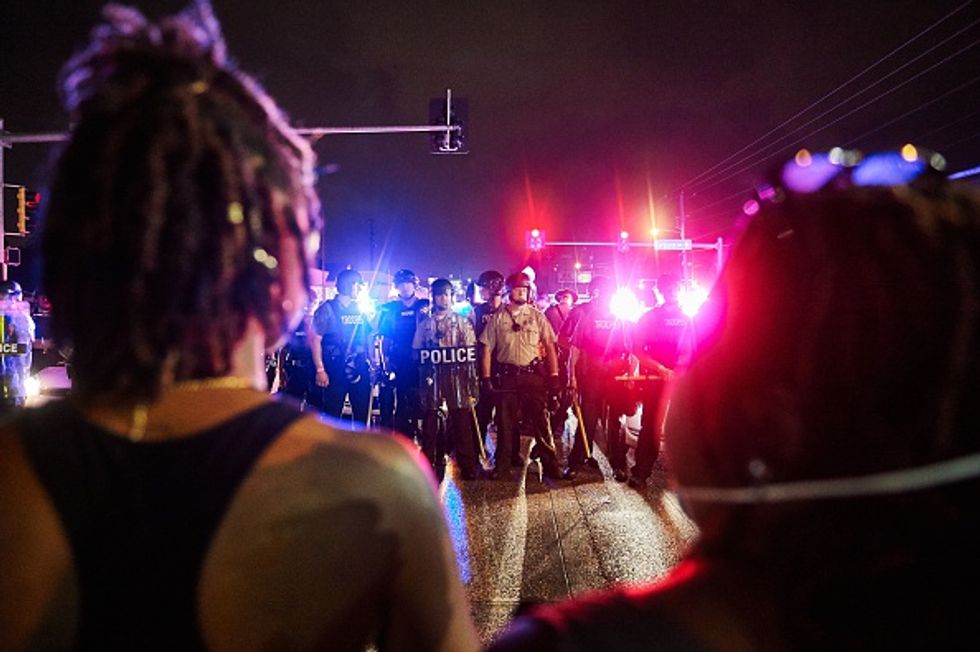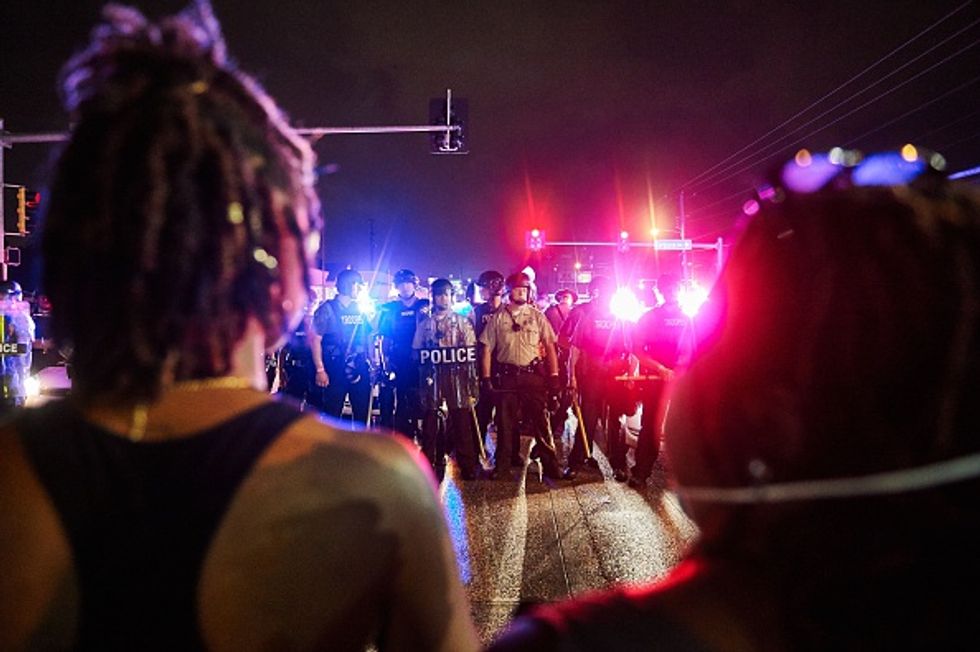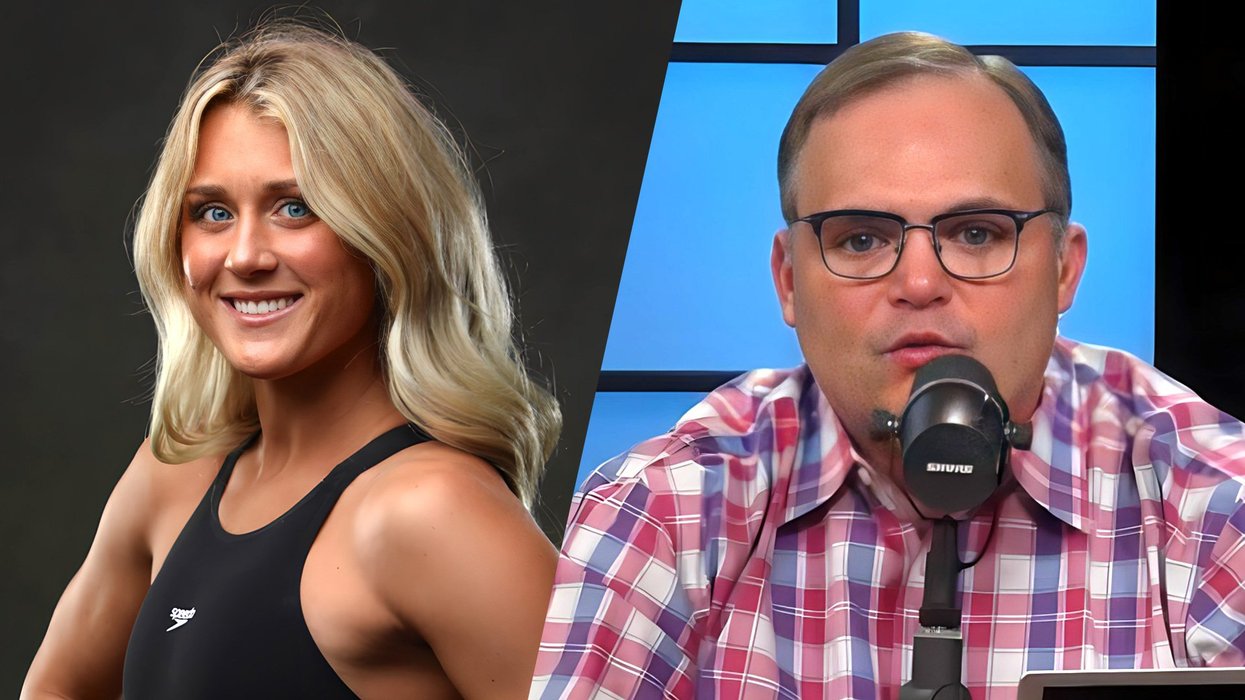I'll never forget one of the first times I met someone with a different skin color. My boyhood hometown was majority caucasian when I was a kid. A rural wine community nestled in northern California's central valley, it was a peaceful place to grow up.
One fall day just a few months into the school year, my second grade teacher Mrs. Mende opened up the door to the classroom and from the outside walked in a boy who didn't look like the rest of the kids I had known until that point.
"Class, may I have your attention please?" Mrs. Mende called out as she held her hand up in the air. "I want you to welcome Jose. He is new to our school and will need to be shown around. Please help him make lots of new friends."
With that Jose marched back to an empty desk a few away from mine. Everyone was stirring with excitement that a new kid was joining our class ranks. Another student near Jose asked him if he liked recess, to which Jose said he did and listed a few things he enjoyed doing at recess.
 St. Louis County Police and Missouri State Highway Patrol troopers (C) stand guard as protesters (foreground) march on West Florissant Avenue in Ferguson, Missouri on August 9, 2015. AFP PHOTO / MICHAEL B. THOMAS
St. Louis County Police and Missouri State Highway Patrol troopers (C) stand guard as protesters (foreground) march on West Florissant Avenue in Ferguson, Missouri on August 9, 2015. AFP PHOTO / MICHAEL B. THOMAS
I remember being surprised when I heard how broken Jose's English was. I had never heard another person my age struggle with words I always assumed were so simple.
Later that day on the playground I remember seeing a bunch of students from other grades and classes talking to Jose. I approached to hear what he was saying. He mentioned that his family had just moved to town.
When the school day came to an end, I can recall a minivan pulling in to pick Jose up. His parents got out, hugged him and helped him into the car, all the while speaking a language I didn't understand.
Truly perplexed, I went home that day wondering how someone could be so different when all I had ever known had been so much like me. The next day I saw Jose before class and approached him.
"Hey Jose," I shouted in his direction as he was fiercely knocking around a tether ball. He stopped as I walked up to him.
"Uhm," my voice quivered. "How come your people don't talk like my people?"
Jose looked down at the ground for a second and then back at me.
"Well how come your people don't talk like my people?" he questioned back.
"I don't know," I responded with the same curiosity. We were both in the same grade, in the same town with the same classmates and we both had parents that loved us, I remember thinking at the time.
"We're the same, we just talk and look different. Okay!" I said as I shrugged off the initial question. "Can we still be friends?"
Jose smiled and nodded. He then invited me to play tetherball in which he promptly whooped me.
It was during that innocent interaction that I experienced a transformative moment in my life. I learned that there are people in this world who are different from me in language, skin color and belief and that it didn't matter because we could still play tether ball together, be friends and appreciate each other's differences.
I've grown up with the desire to learn from people who are different from me because Jose taught me things about his family and culture that expanded my mind and made me appreciate others that much more.
Today we are dealing with ramped up tension, death and fear in this country because of our differences. Just like how every cop is not a racist killer, every Black Lives Matter activist isn't a cop-hating terrorist.
Emotions on both sides are reaching a fever pitch, which is never a good frame of mind to be in when trying to affect change in a rational way as it becomes destorted.
We need to find a way to heal and rebuild trust with each other again (or in some cases for the first time), but so far it seems that both sides are too filled with pride to agree on anything.
With every death--black, blue or otherwise--my heart aches and our nation becomes more and more divided. If you believe in the future of this country and the value of life, you should be willing to do what you can where you are to help our American family understand the plight one another better and stitch the fabric of who we are back together.
I am asking anyone from either side of this pain and frustration to reach out and help me understand what I can do as a member of the media, as a white male and as a human being to help get us to a better place.
Our future is only as united and bright as we allow it to be. Stop standing alone on the court. It's time we start playing tetherball, together.
Wade Heath is a Speaker, Columnist and Host of The Millennial Report Radio Program. Contact him: Events@WadeHeath.com
–
TheBlaze contributor channel supports an open discourse on a range of views. The opinions expressed in this channel are solely those of each individual author.


 St. Louis County Police and Missouri State Highway Patrol troopers (C) stand guard as protesters (foreground) march on West Florissant Avenue in Ferguson, Missouri on August 9, 2015. AFP PHOTO / MICHAEL B. THOMAS
St. Louis County Police and Missouri State Highway Patrol troopers (C) stand guard as protesters (foreground) march on West Florissant Avenue in Ferguson, Missouri on August 9, 2015. AFP PHOTO / MICHAEL B. THOMAS


